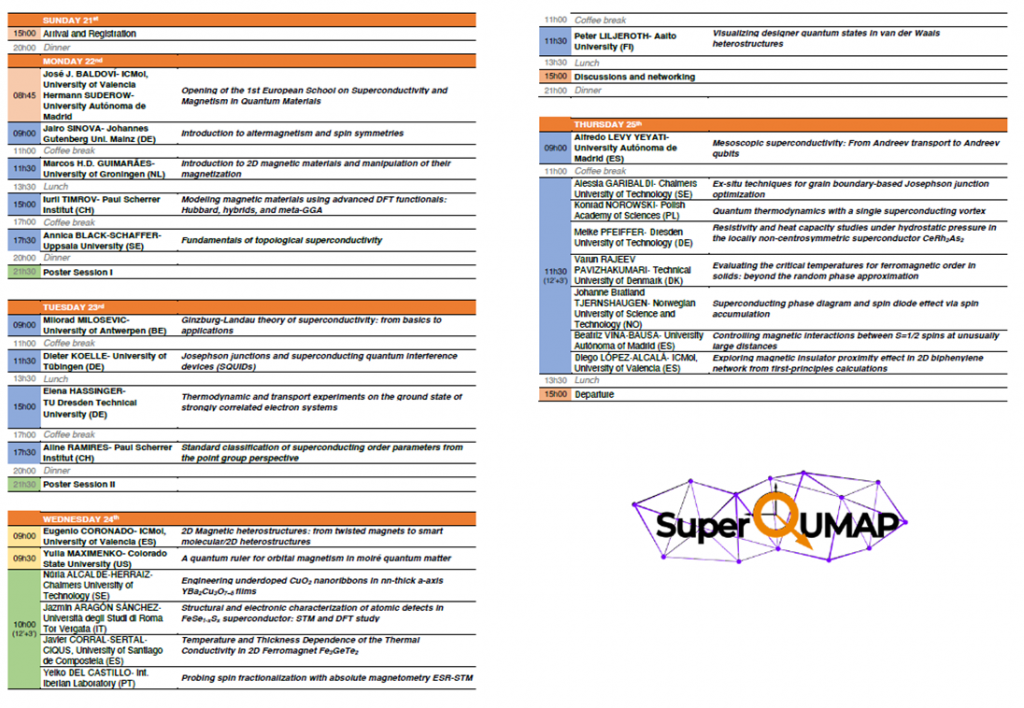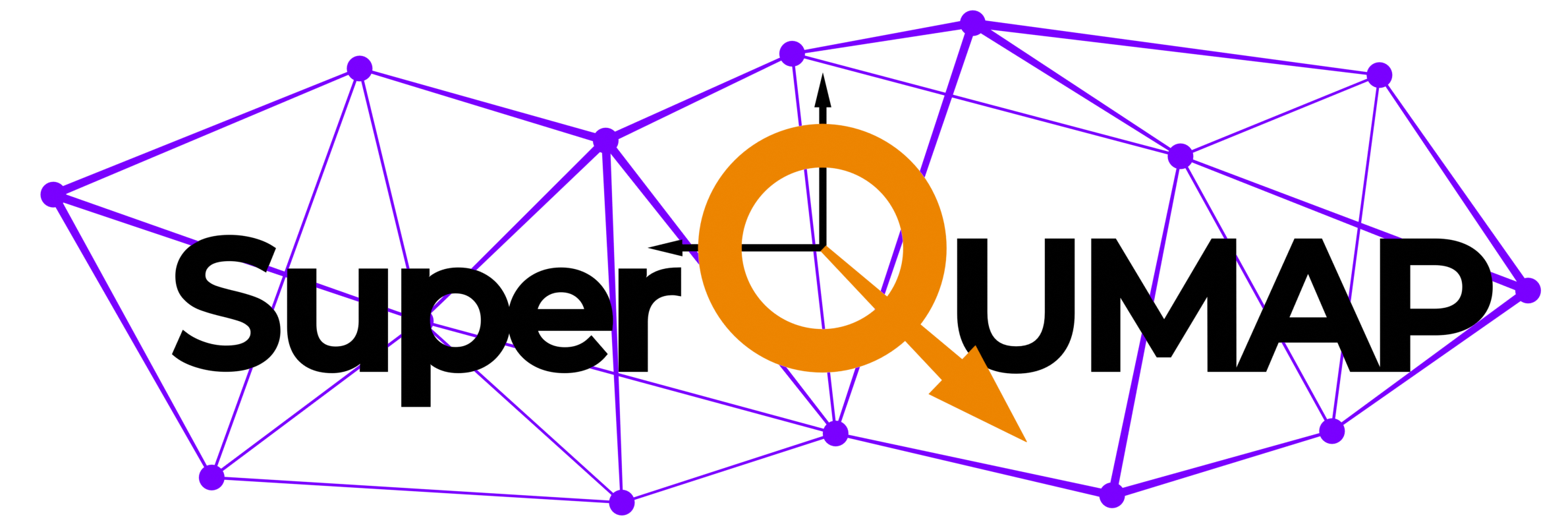The book of Abstracts can be found here.
Short programme can be found here.
Talks:
Jairo Sinova. Introduction to altermagnetism and spin symmetries.
Guimaraes, Marco. Introduction to 2D magnetic materials and manipulation of their magnetization.
Timrov, Iurii. Modeling magnetic materials using advanced DFT functionals: Hubbard, hybrids, and meta-GGA.
Black-Schaffer, Annica. Fundamentals of topological superconductivity.
Milorad, Milosevic. Ginzburg-Landau theory of superconductivity: from basics to applications.
Kölle, Dieter. Josephson junctions and superconducting quantum interference devices (SQUIDs).
Hassinger, Elena. Thermodynamic and transport experiments on the ground state of strongly correlated electron systems.
Ramires, Aline. Standard classification of superconducting order parameters from the point group perspective.
Coronado, Eugenio. 2D Magnetic heterostructures: from twisted magnets to smart molecular/2D heterostructures.
Maximenko, Yiulia. Quantifying unconventional magnetism in devices using scanning tunneling microscopy.
Liljeroth, Peter. Visualizing designer quantum states in van der Waals heterostructures.
Levy Yeyati, Alfredo. Mesoscopic superconductivity: From Andreev transport to Andreev qubits.
Students, please bring a laptop with you, as there will be a short hands-on session (laptops maybe also shared).
Scope
Superconducting and magnetic quantum materials are emerging as crucial building blocks for quantum devices covering nowadays a broad range of applications. The 1st European School on Superconductivity and Magnetism in Quantum Materials aims at providing a suitable framework based on comprehensive series of foundational lectures while also delving into the latest developments of the fields of superconductivity and magnetism. The School will illustrate and discuss the cutting-edge advancements within these interdisciplinary fields, as well as the synergies offered by the combination of both of them in novel structures and devices.
The program is intended to engage an audience of young scientists, mainly PhD students and post-docs, both experimentalists and theoreticians. This four-day event will feature lectures and hands-on sessions conducted by leading scientists in these areas and will provide a forum for communication between young researchers and trainers. The meeting will take place entirely in person, in a confined and relaxed atmosphere, that optimizes discussions and networking opportunities among all attendees. Additionally, this meeting serves an important purpose to promote and disseminate the activities of the COST Action SUPERQUMAP.
Topics include (but not limited to):
- Fundamentals of superconductivity and magnetism
- Advanced modelling: theory and computation
- Materials design and crystal growth.
- Spintronics and magnonics.
- Emergent physics in superconductors.
- Unconventional and topological superconductivity.
- Light-matter control of quantum materials.
- Scanning tunnelling microscopy (STM) and atomic force microscopy (AFM).
- Interplay between magnetism and superconductivity in quantum materials.
Registration
All interested students must send this form to superqumap.meetings@uam.es before the 28 February 2024.
Venue & How to get there information
Hotel RH Bayren & Spa ****
Paseo de Neptuno, nº 62
46730 Playa de Gandia, Valencia (Spain)
The COST Action SUPERQMAP supports accommodation and travel when needed. The support will be limited, as agreed by the Management Committee, to a certain amount for travel and daily allowance. We will duly inform accepted participants of the level of support. For questions, please write to superqumap.meetings@uam.es
Reach the venue by public transportation: From Valencia you can take a commuter train (Cercanías: from Valencia-Nord to Gandia (19-40 trains/day) or to ‘Platja i Grau de Gandia’ (3 trains/day) and, from the train station of Gandia, a local bus (line 2) or taxi to the hotel (not covered by COST – Please check crefully the COST reimbursement rules: https://www.cost.eu/funding/documents-guidelines/ ; https://www.cost.eu/uploads/2023/11/COST-094-21-Annotated-Rules-for-COST-Actions-Level-C-V1.4-Final-.pdf.
If you arrive by high-speed train to Valencia, you should go from Valencia-Joaquin Sorolla to Valencia-Nord station (map). If you have a RENFE ticket, you can use a free shutle bus service.
You can also arrive to Gandia by train or bus from different Spanish cities.
Steering Committee:
José J. Baldoví (chair), University of València (Spain)
José Lado (co-chair), University of Aalto (Finland)
Francesco Tafuri, UniNaples (Italy)
Hermann Suderow, UAMadrid (Spain)
Grant Holder Manager:
Irene González Martín (Spain)
Schedule:


List of speakers:
– Marcos Guimaraes, University of Groningen, Netherlands
– Jairo Sinova, Johannes Gutenberg Universität Mainz, Germany
– Milorad Milosevic, University of Antwerpen, Belgium
– Annica Black-Schaffer, Uppsala University, Sweden
– Aline Ramires, Paul Scherrer Institut, Switzerland
– Dieter Koelle, University of Tübingen, Germany
– Elena Hassinger, MPI, Germany
– Alfredo Levy-Yeyati, Universidad Autónoma de Madrid, Spain
– Iurii Timrov, Paul Scherrer Institut, Switzerland
– Peter Liljeroth, Aalto University, Finland
Scientific Advisory Committee:
Adrian Crisan (Romania)
Alexandre Bouzdine (France)
Ali Gencer (Turkey)
Anna Boehmer (Germany)
Annica Black-Schaffer (Sweden)
Carmen Herrmann (Germany)
Charis Quay (France)
Chuan Li (The Netherlands)
Francesco Tafuri (Italy)
Guido Fratesi (Italy)
Hugo Dil (Switzerland)
Isabel Guillamon (Spain)
Jacob Linder (Norway)
Jeroen Custers (Czech Republic)
Janice Musfeldt (USA)
Joaquin Fernández-Rossier (Portugal)
Milorad Milosevic (Belgium)
Nenad Lazarevic (Serbia)
Nevin Barisic (Croatia)
Peter Liljeroth (Finland)
Peter Openneer (Sweden)
Peter Samuely (Slovakia)
Predrag Miranovic (Montenegro)
Ryotaro Arita (Japan)
Simon Bending (UK)
Szabolcs Csonka (Hungary)
Victor Kabanov (Slovenia)
Vladimir Fomin (Moldova)
Wolfgang Lang (Austria)
And the COST Action management committee.




